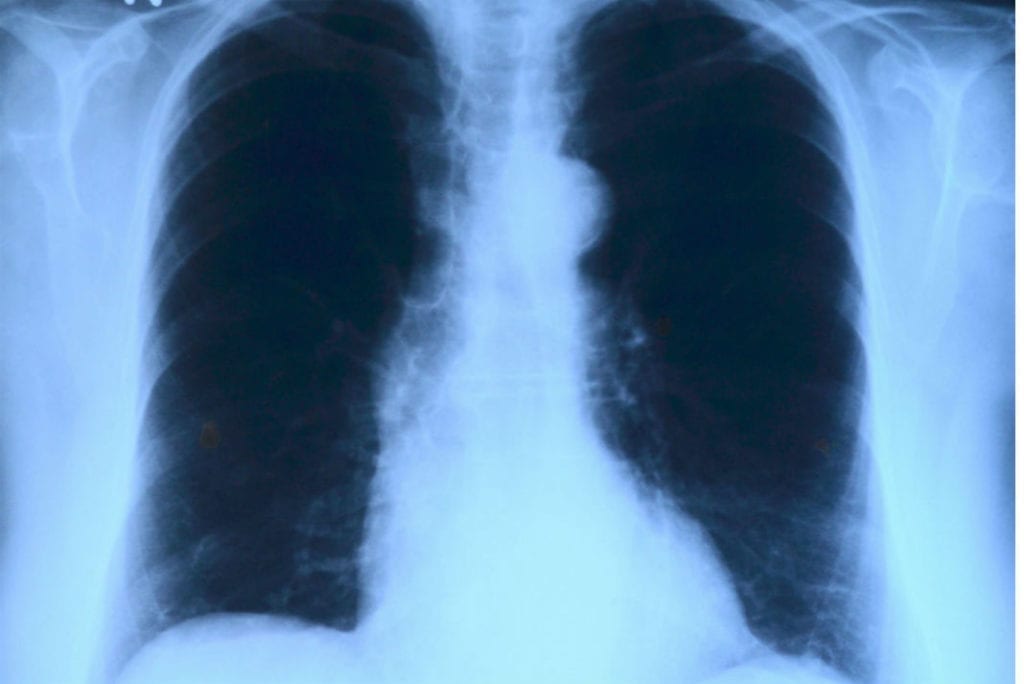Blood clots and fever and coughing: oh my! As COVID-19 spreads throughout the globe, researchers are discovering more and more symptoms associated with this novel coronavirus. But what happens after recovery? Well, according to Medical XPress, doctors are finding a worrying result in survivors of lung infection: immune scars.
That’s right, doctors believe that patients with severe lung infections are irreparably harming their immune systems. This increases the chance of patients developing pneumonia, a common and increasingly fatal result of COVID-19. So how can understanding these “immune scars” help doctors better treat patients?
COVID-19: A Brief Overview
COVID-19 is a novel coronavirus that was declared a global pandemic in March of 2020. It is extremely contagious. The virus can live on surfaces for up to 5 days. Currently, 4.75 million people worldwide have been diagnosed with COVID-19, with 316,000 fatalities.
Symptoms appear within 2 days to 2 weeks of exposure. These include fever, loss of smell and taste, gastrointestinal issues, fatigue, muscle aches, and a persistent cough. However, new symptoms continue to be reported weekly. Social distancing, self-isolation, working from home, wearing masks, and frequent hand-washing are recommended. Learn more about COVID-19 from the CDC.
Immune Scars: What Does This Mean?
Researchers published their findings on immunological scarring in Nature Immunology. First, they wanted to understand the long-term bodily impact of lung infections. Additionally, researchers sought to learn more about the immune response prompted by such infections.
So the first thing you need to understand about the relationship between lung infections and immune response is that immunological scarring doesn’t refer to actual scars. It means that patients are losing immune function that may never be recovered.
The next thing you need to understand are macrophages. The British Society for Immunology defines macrophages as:
specialised cells involved in the detection, phagocytosis and destruction of bacteria and other harmful organisms. In addition, they can also present antigens to T cells and initiate inflammation by releasing molecules (known as cytokines) that activate other cells.
So, macrophages help the immune system fight foreign invaders in the body. Usually, when bacteria or viruses enter the body, macrophages call for the immune system to help.
Alveolar macrophages are found in the lungs’ alveoli, tiny air sacs that exchange oxygen and carbon dioxide to and from the bloodstream. But researchers found, through blood tests, that severe lung infections immobilize macrophages. So instead of calling for help, the macrophages don’t really do anything.
Macrophage Deactivation and COVID-19
Without macrophages, patients are more at risk of developing other health issues, including bacterial or viral infections, COVID-19, or pneumonia.
Pneumonia is a lung infection that causes fluid or pus to accumulate in the lungs. It causes hundreds of thousands, or even millions, of deaths per year. According to the American Thoracic Society, antibiotics, hospitalization, and ventilator usage all raise the risk of developing pneumonia. Learn more about pneumonia.
The issue? Patients with severe COVID-19 infections are hospitalized and ventilated. So, they are more at risk of immunological scarring and developing pneumonia. Even if patients with severe lung infections who do not have COVID-19 are hospitalized, they also run the risk of contracting the virus.
A receptor called SIRP-alpha can reactive macrophages, stimulating immune response and preventing immune scars. This will help patients heal from the infection without increased antibiotic usage or exposure to other potential illnesses.
However, understanding macrophage deactivation may actually be key in stopping severe COVID-19 infections and protecting the immune system. Rather than strengthening the immune system, researchers wonder if they can leverage SIRP-alpha to temper immune response. Most of the fatalities associated with COVID-19 relate to a cytokine storm, where the body releases too many cytokines (immune peptides).
Finding ways to temporarily turn off the immune response during severe cases of COVID-19, then turn it back on later in recovery, could improve patient outcomes. The difficulty is determining how to best treat patients with COVID-19 while also providing protection for patients with severe lung infections.






